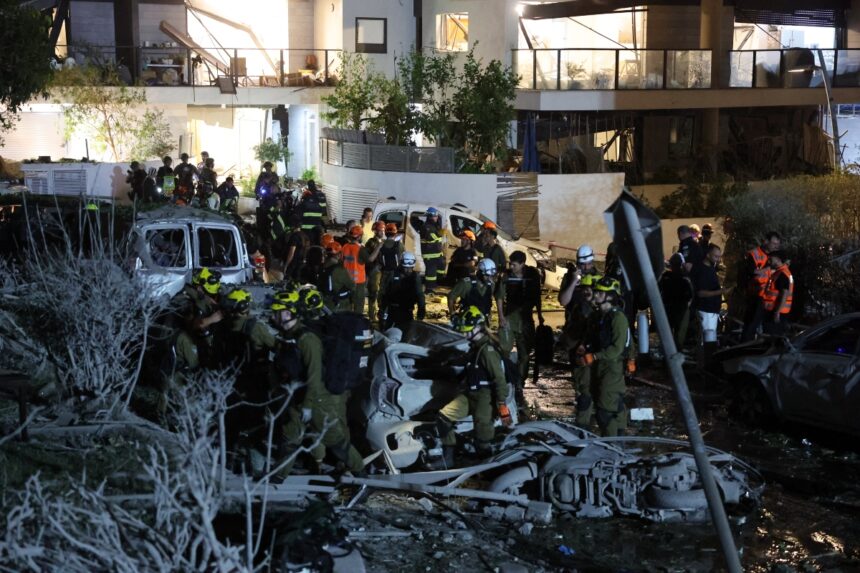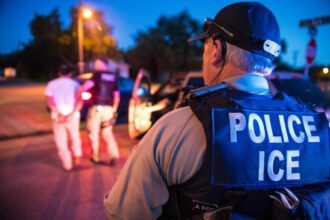On Friday, June 13, 2025, Iran’s ambassador to the United Nations Security Council denounced that airstrikes launched by Israel against Iranian nuclear facilities, senior Iranian military commanders and scientists resulted in at least 78 dead and more than 320 wounded.
According to the official statement, “the vast majority” of the victims were civilians, which has generated a wave of indignation inside and outside the country.
Iran’s immediate response: missiles over Tel Aviv
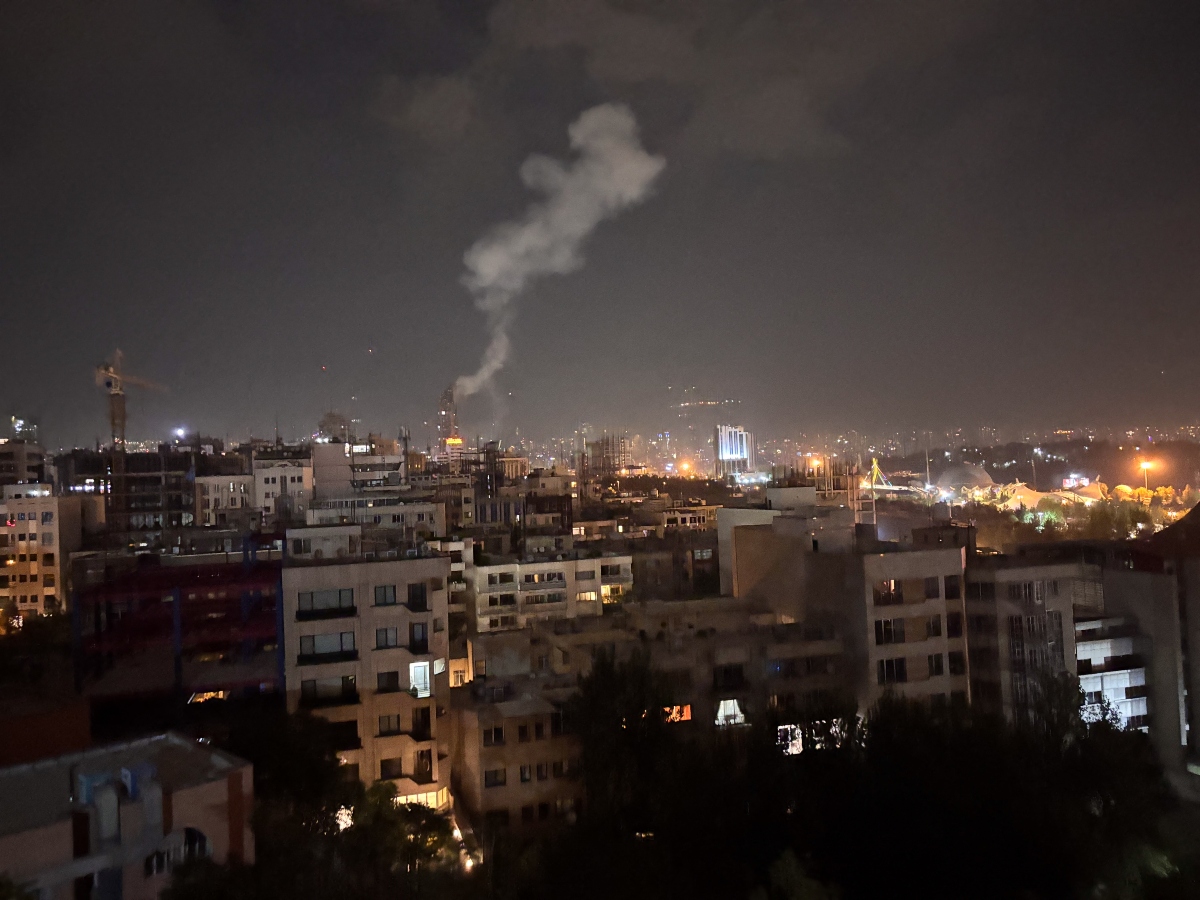
The targets included nuclear enrichment centers, a key refinery and ballistic missile depots, Iranian sources confirmed.
In addition, three high-ranking military figures, whose identities have not yet been publicly disclosed by the authorities in Tehran, were reportedly killed.
Hours after the Israeli attack, Iran launched a direct retaliation in the form of a barrage of long-range missiles aimed at Tel Aviv, Israel’s commercial capital.
According to Israeli emergency services, at least 34 people were injured. Images of the night showed a sky illuminated by trails of smoke from Iranian shells and Israeli interceptor missiles, in a scene reminiscent of the darkest episodes of the regional war.
This attack marks a critical point in a tension that has been brewing for years. For more than a decade, Israel has warned that it would not tolerate Iran developing nuclear weapons.
Although Israeli authorities have denied having nuclear weapons, they have insisted that they would act unilaterally if they perceived an existential threat. Friday’s actions appear to give effect to those warnings.
Successive U.S. administrations had discouraged Israel from acting directly, concerned about the risk of a large-scale regional conflict involving other actors such as Syria, Hezbollah, Saudi Arabia or even foreign powers.
Despite these diplomatic efforts, the operation was executed with surgical precision, although not without severe humanitarian consequences.
Statements by key leaders
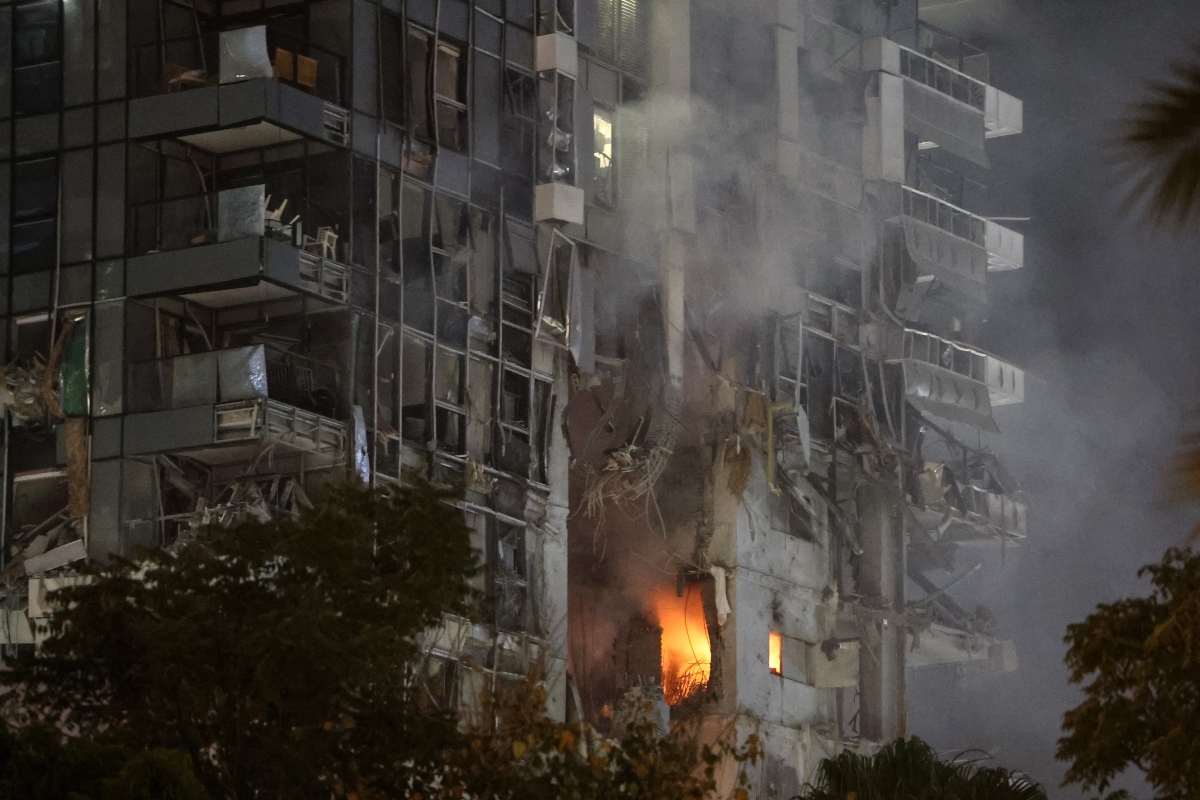
Iran’s supreme leader, Ayatollah Ali Khamenei, issued a strong message following the attacks: “Israel will not escape unpunished for this great crime”. This statement leaves open the possibility of future retaliation, and the Iranian Revolutionary Guard is expected to be preparing a broader response.
For his part, Israel’s Prime Minister Benjamin Netanyahu defended the operation, stating that it was an action “planned for months” with the aim of “reducing the Iranian threat to the very existence of the State of Israel”.
Netanyahu also faces strong domestic political pressure, as earlier in the day his government narrowly avoided a parliamentary attempt to dissolve the Knesset (Israeli parliament), in what has been considered the biggest challenge since the October 7, 2024 attacks.
From Washington, President Donald Trump urged Iran to “sit down and negotiate before it is too late,” echoing his policy of maximum pressure that characterized his first term and which he has resumed after his re-election in 2024.
International concern and possible scenarios
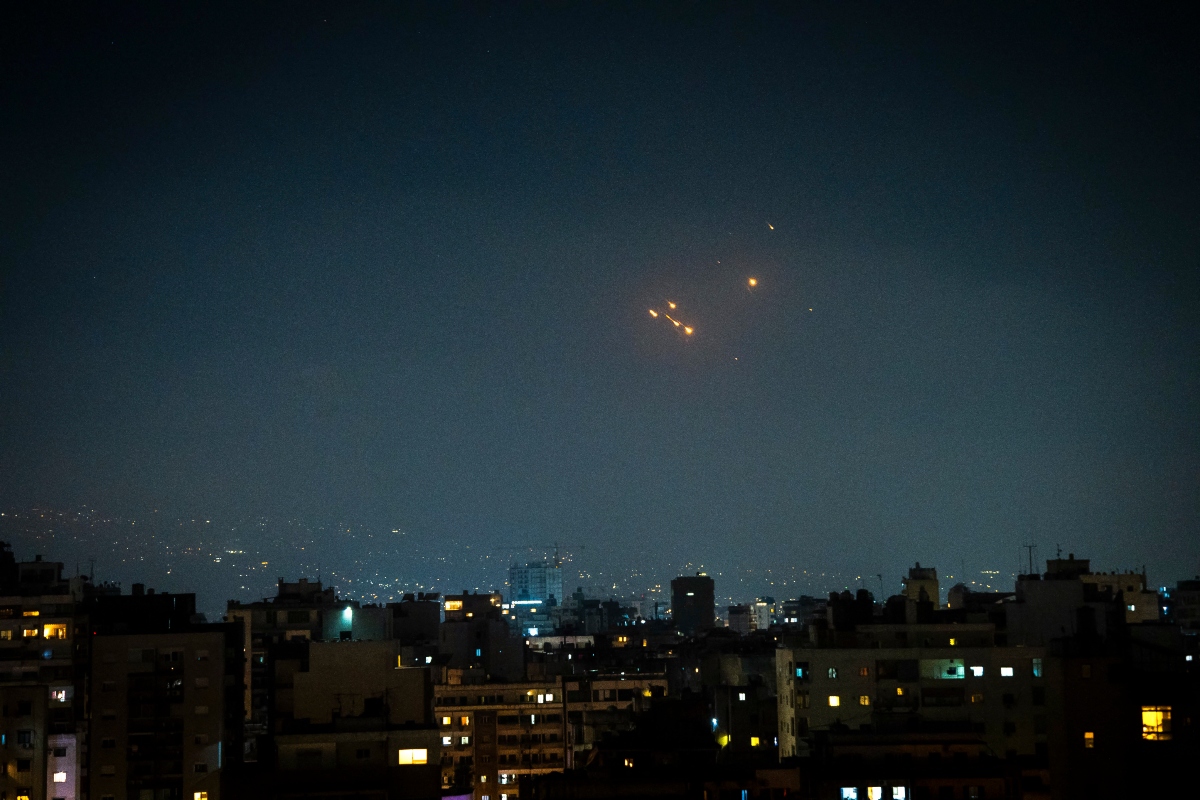
International organizations and governments in the region have expressed their concern over the escalation of the conflict.
The United Nations convened an emergency session to assess the situation and seek diplomatic alternatives to stop further confrontation.
The possibility of the conflict spreading to other countries or causing a refugee crisis is of particular concern to Europe and communities of Middle Eastern origin in the United States.
For Hispanic migrants residing in the U.S., the situation also generates uncertainty, especially because of the possible impact on national security and immigration policies in an already tense context under the current administration.
El temor por una Tercera Guerra Mundial tras el conflicto entre Irán e Israel se elevan y las naciones están en un punto máximo de tensión
Stability in the Middle East falters
The Israeli offensive against Iranian facilities has triggered a large-scale crisis that could profoundly alter stability in the Middle East.
The international community watches with alarm as key players exchange threats and missiles.
The conflict, if not stopped, could mark a geopolitical turning point of historic proportions.
Here is a video of the attack between Iran and Israel.
Find out more at ‘QueOnnda.com’.



